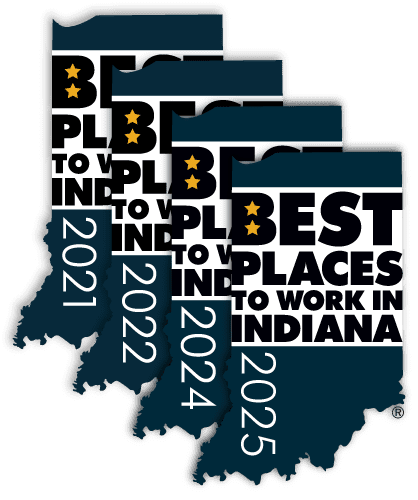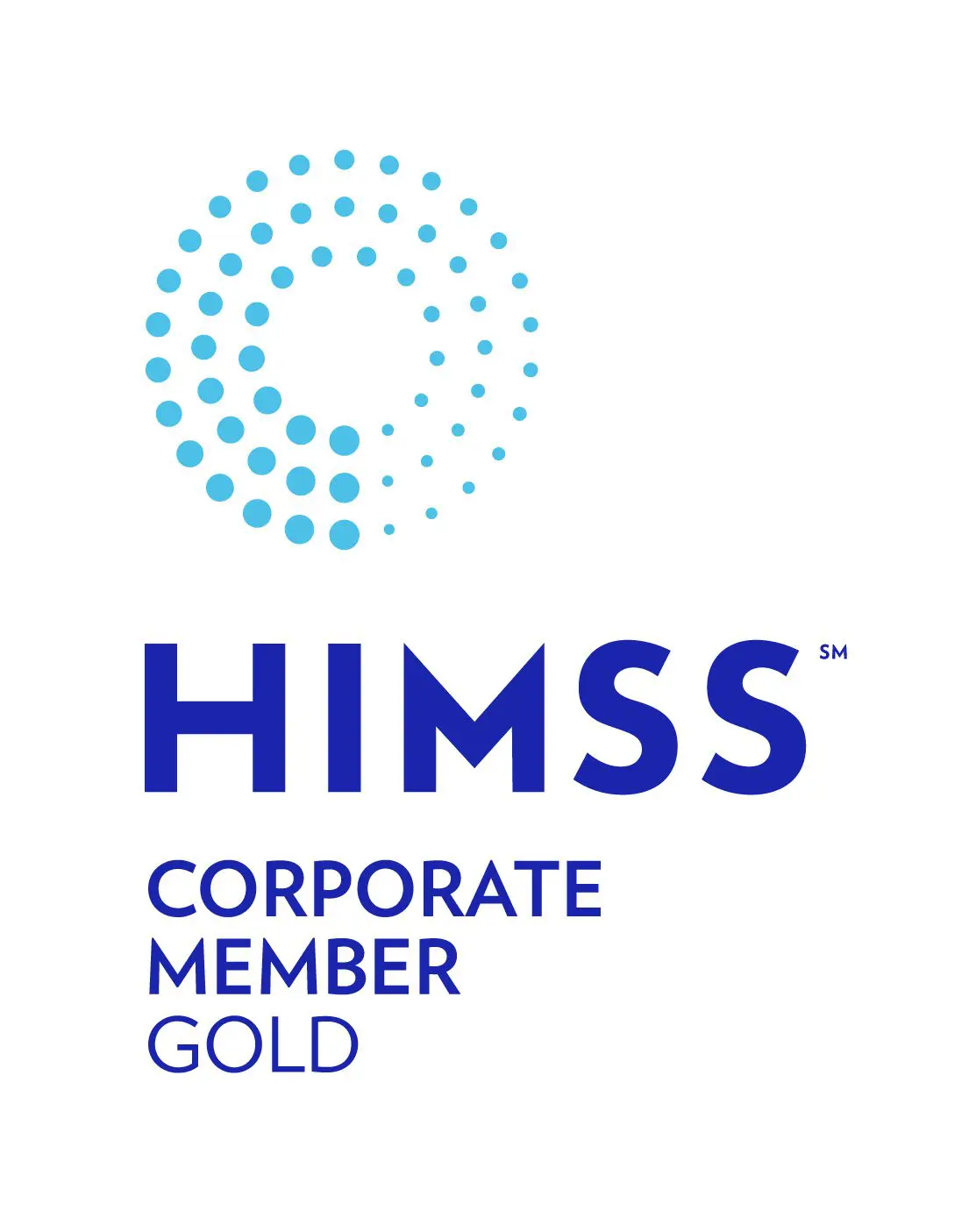Filters
- All
- Company Culture
- Data Archive
- Data Conversion or Migration
- Data Destruction or Purge
- Data Extraction
- Data Governance
- eDiscovery
- Electronic Health Records
- HRM Replacement
- Industry News
- Legacy Data Management
- Merger & Acquisition
- Record Retention
- Records Release
- Revenue Cycle Management
- Security
- System Decommissioning
- System Replacement
- Technical
- Uncategorized
Filters:






